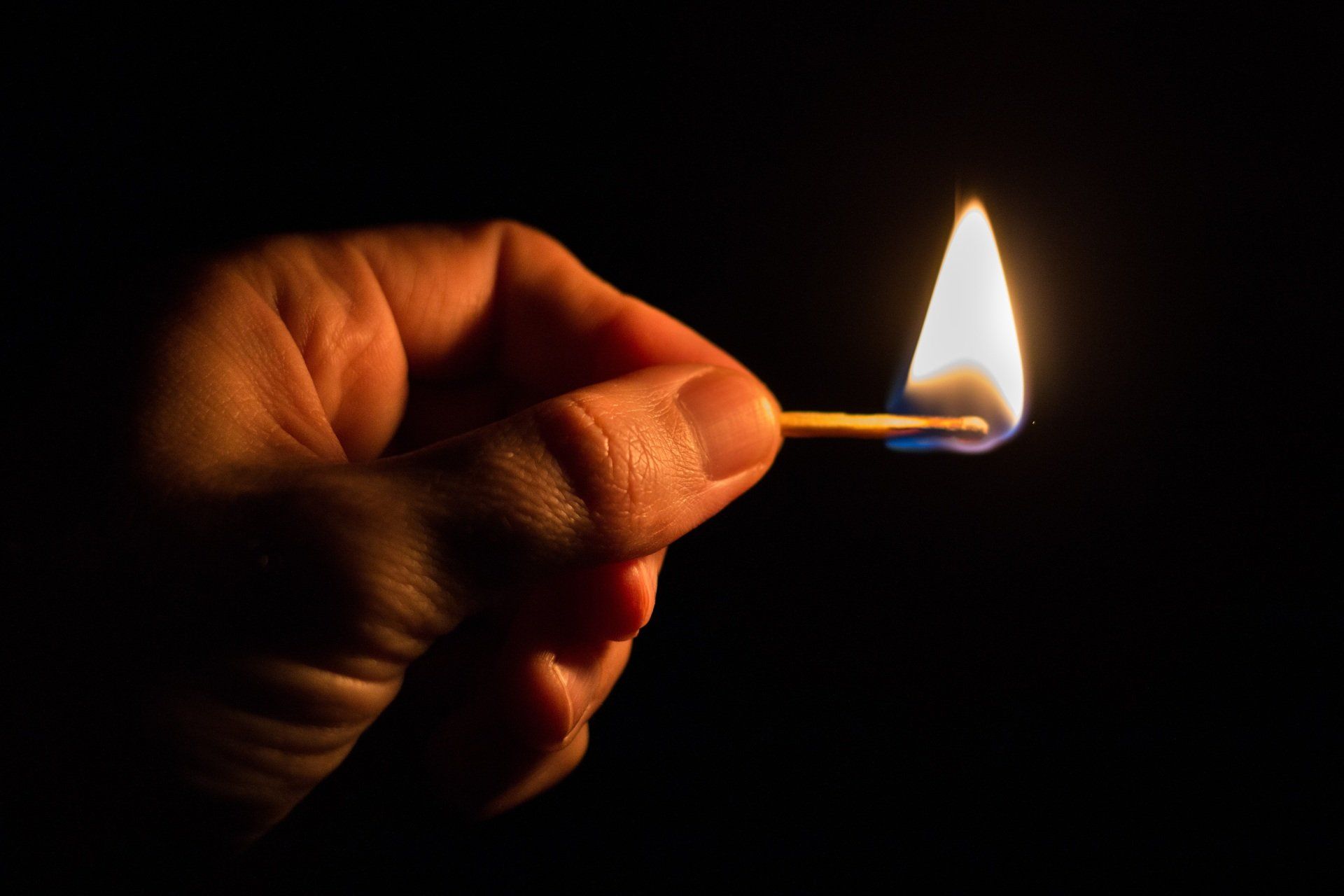Geral Blanchard, LPC, is a psychotherapist who is university trained in psychology and anthropology. Formerly of Wyoming and currently residing in Iowa, Geral travels the world in search of ancient secrets that can augment the art and science of healing. From Western neuroscience to Amazonian shamanism, he has developed an understanding of how to combine old and new healing strategies to optimize recovery, whether from psychological or physical maladies.
MDMA and Dark Nights of the Soul #5
Dark nights of the soul as Saint John of the Cross called those long, despairing periods of our life, are never easy, in fact they are usually dreadful.
They are so necessarily awful and so damn long because some of us don’t do subtlety very well. If we are open to these moments, even a tiny bit, they can serve as an internally calculated and blaring wakeup call that will guide us to solace.
John Nelson, in Healing the Split, refers to a fleeting or ephemeral sense of a higher purpose, not fully conceptualized, but compellingly near the heart. It holds answers to life’s pain but isn’t quite within our grasp…at least until the dark clouds engulf us. Then, with great staying power and inexperience matched with trust, a spiritual emergence nears surface awareness. And it always happens, as psychiatrist Stan Groff defined it, around the time of a blurry spiritual emergency.
The self, or ego, dwells within a larger awareness, or a field, far more immense than anything humans can fully imagine. When we emotionally fall out of order, a dark night originating from a larger consciousness serves the purpose of determinedly, even harshly, guiding us back on track. It will suck at first before any relief or rewards can be discerned. But endure we must.
Robert Assagioli, an Italian psychiatrist and pioneer in the fields of humanistic and transpersonal psychology, referred to this time of bleak melancholy as “divine homesickness.” It is haunting, unrelenting, and leaves us with no peace. With it comes a pervasive sense of unworthiness, self-deprecation, anger toward people in our lives (past and present) and leaves us with the feeling that we have been forsaken. A person in the grip of a dark night can feel completely alone, not understood (heck, we don’t understand ourselves) and paralyzed. We may wrestle with deep guilt and feel as though we are personally responsible for everything wrong in the world, thanks to all our screwups. Suicide offers a solution.
Dark nights are like what Catholics call purgatory, that halfway station between life and death, heaven and hell. Another way of seeing it is as a place and time for inner cleansing. A time to sweep the house clean of all that no longer serves us. That includes any sense of being unclean and undeserving, often as a result of a difficult and trauma-filled life when we took on the pain and burdens of our tormentors, at least for a time. Now we have to decide, as a Labrador coming out of the water, if we will shake it off, or even if we are worthy of shaking it off.
Sooner or later, a Divine Light shines new insights upon us. This offers a much-desired ray of hope. Paradoxically, from the depths of despair comes a light of recollection – a vision of where we must go to find relief.
Drawing from a carefree and more pure time in our past, the future as we now imagine it can be brighter. The answer had been there all along before the hurt and negativity of abusers entered our narrative, contaminating it and discouraging us.
Seen this way, the dark night – the overwhelmingly sad state of mind – is part of a natural renewal process. Our job is to trust it and bravely get on board. Then we “make ourselves over” from the wisdom residing deep within us. This is all about the integrity that our inner physician beseeches us to follow. There is no need, not any longer, to fear our inner physician.
It helps an individual, who has lost their way in the dark, to forgo their worldly responsibilities for a time and enter into a retreat to find the answers resting inside of them. At such a time they can practice honest introspection and reevaluate their priorities without outside influences and distractions. Spirit regenerates.
Another author (quoted in Healing the Split) penned this: “There is no doubt that I am better off now, in every way, than before. My relations with my family are infinitely attuned, my writing much deeper, my friends much truer, my sense of self more steady, my clarity sharpened, and so on and on. In short, nothing bad, ultimately came out of my ‘break with reality.’”
Not always is a drug required to jumpstart this process, but many people have chosen a ritualized, ceremonial, and sacred MDMA treatment to reset their lives after great pain. When trusted friends bear witness to this spiritual process, changes get validated and tend to be lasting.
*********
Other Topics
Basics of MDMA
Rituals and Ceremony
Brain and MDMA
Trauma
Heart
Energy Movement
Quantum Physics
Native Cosmologies
Nature
Spirituality/Enlightenment
Kogi Tribe
Books written by Geral T. Blanchard
More Articles



















